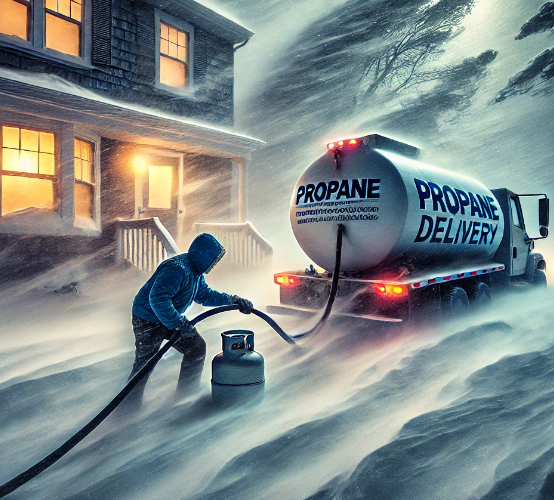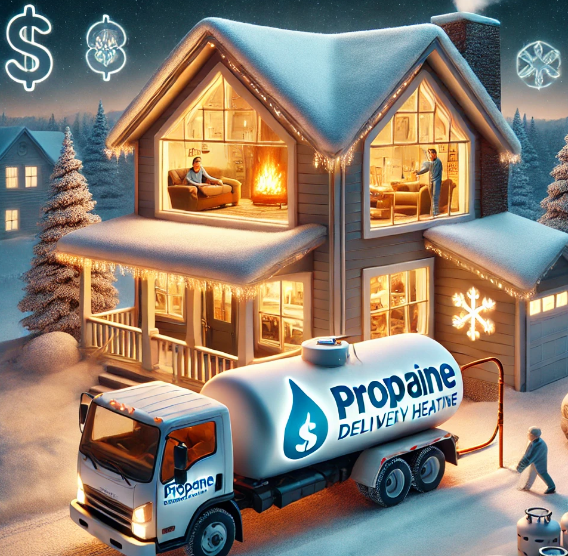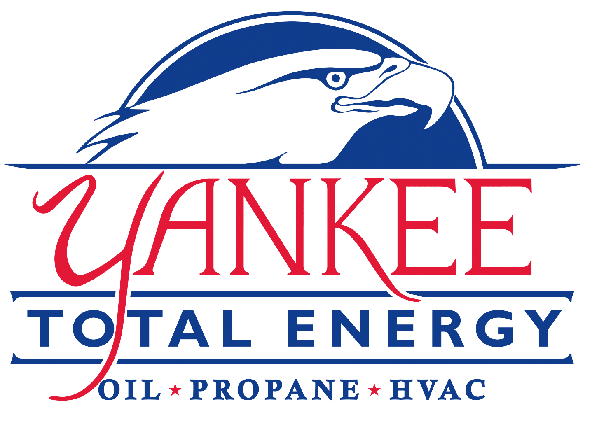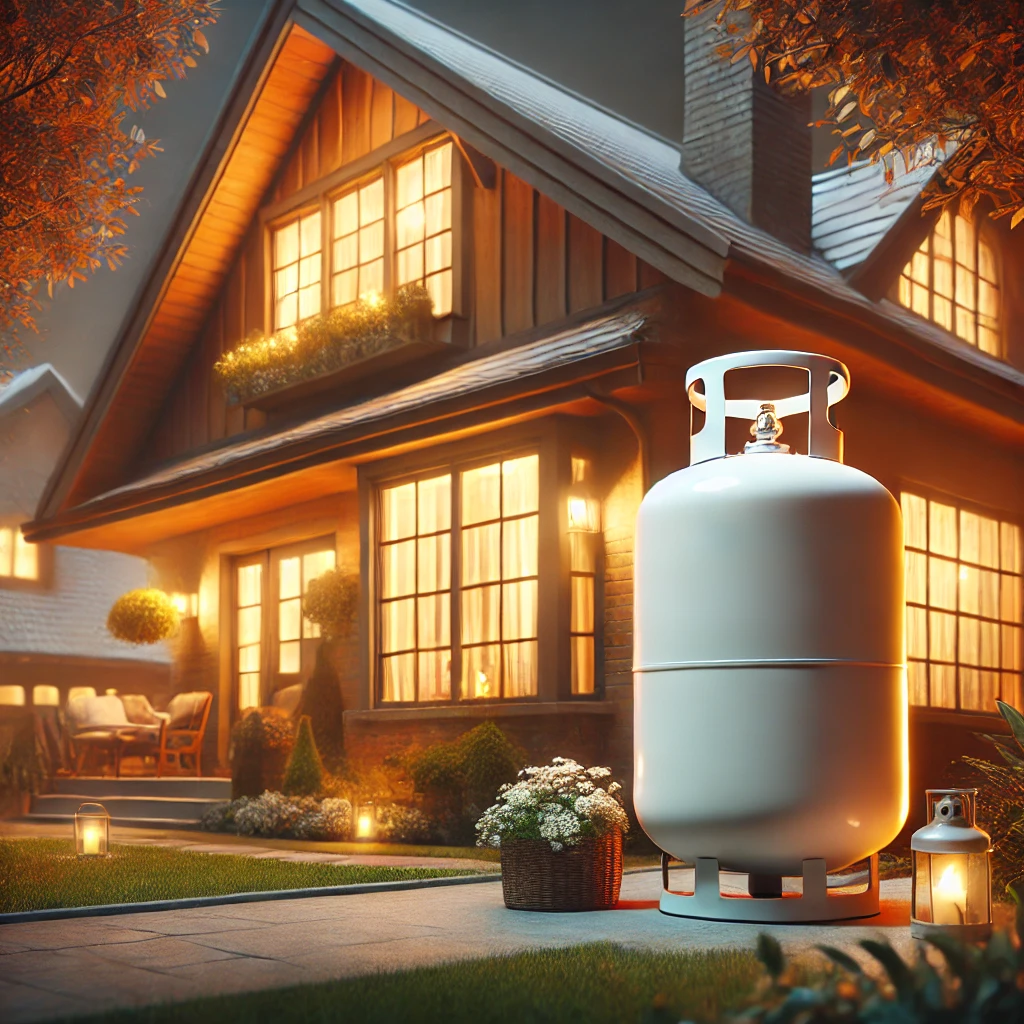Introduction: A Smart, Eco-Friendly Choice for Modern Homes
Propane has become a popular choice for home heating across the United States, especially in regions where cold winters demand a reliable, powerful heating source. Derived from natural gas and petroleum refining, propane is recognized for its clean-burning properties, versatility, and efficiency. Not only can propane power your heating system, but it also works for water heaters, cooking ranges, fireplaces, and even outdoor appliances like grills and patio heaters.
In this post, we’ll explore why propane is an exceptional choice for heating, including its environmental benefits, cost savings, installation process, and safety tips.

What is Propane?
Propane is a hydrocarbon (C3H8) gas that is compressed and stored as a liquid in pressurized tanks. When released, propane turns back into gas, making it easy to transport, store, and use as an energy source. This characteristic also makes propane a versatile fuel for heating, cooking, and powering appliances in both residential and commercial settings.
Key Features of Propane:
- High Energy Output: Propane produces a high amount of heat per unit, making it efficient for heating homes.
- Clean Burning: Propane emits fewer greenhouse gases compared to other fossil fuels, making it an environmentally friendly option.
- Ease of Storage: Propane can be stored in large or small tanks, allowing it to be used in remote areas without access to the natural gas grid.
Advantages of Propane Heating
1. Clean and Environmentally Friendly
One of propane’s most significant advantages is its clean-burning properties. Propane emits minimal greenhouse gases, making it an eco-friendly alternative to other fossil fuels like oil and coal. When burned, propane releases primarily water vapor and carbon dioxide, with almost no harmful particulate matter or sulfur. Additionally, propane does not produce toxic residues, so it doesn’t pose a risk to soil or water.
2. Efficient Heating and Energy Savings
Propane is a highly efficient fuel that converts nearly all of its energy into usable heat. Propane-powered furnaces, for example, can reach efficiency levels as high as 98%, meaning almost all the propane consumed is used to heat your home. This efficiency translates to cost savings, as you get more heat per dollar compared to other fuels.
3. Versatile Applications in the Home
Propane deliveries can power more than just your heating system. It’s a multipurpose fuel that can be used for water heating, cooking, clothes drying, and even refrigeration in some cases. This versatility makes propane an ideal choice for homeowners who want a single, reliable energy source for multiple needs.
4. Reliable Supply and Storage Options
Unlike electricity, which can be disrupted by power outages, propane can be stored on-site in tanks, ensuring that you have a steady fuel supply regardless of external conditions. Whether it’s a small tank for a single appliance or a large underground tank for whole-home heating, propane storage options are flexible and scalable.
Propane Installation: What to Expect
Step 1: Choosing the Right Tank Size
The first step in setting up propane for home heating is selecting the appropriate tank size. Propane tanks come in a variety of sizes, from small 20-pound cylinders used for grilling to large 1,000-gallon tanks for whole-home heating. Your propane supplier will help determine the ideal tank size based on your energy usage and heating needs.
Step 2: Professional Installation
Proper installation is key to ensuring safety and efficiency. Propane tanks need to be placed at a safe distance from the house and in compliance with local codes. A certified technician will install the tank and connect it to your home’s appliances, ensuring all gas lines are secure and pressure-tested for leaks.
Step 3: Safety Checks and Testing
After installation, technicians conduct thorough safety checks to ensure there are no leaks and that the system operates correctly. Carbon monoxide detectors should also be installed indoors for additional safety. Propane is naturally odorless, but an odorant called ethyl mercaptan is added to detect leaks.
Cost Savings with Propane
Many homeowners are drawn to propane not only for its efficiency but also for its cost-effectiveness. Propane often costs less per unit of energy than electricity or oil, especially in areas with high electricity rates. Here’s how propane can save you money:
- Lower Utility Bills: Propane’s high efficiency means you use less fuel to produce the same amount of heat, leading to lower overall heating costs.
- Reduced Maintenance Costs: Propane furnaces and boilers tend to require less maintenance than oil-based systems because propane burns cleaner, reducing buildup and wear on system components.
- Flexible Pricing Options: Many propane suppliers offer fixed-rate or budget plans, allowing you to spread the cost of heating over several months, making it easier to manage your expenses.
Safety Tips for Using Propane and Propane Deliveries
While propane is a safe fuel, following a few basic safety practices is essential to ensure peace of mind:
- Regular Tank Inspections
Regularly inspect your propane tank and connections for leaks or signs of wear. Propane suppliers usually provide inspection services, and it’s recommended to schedule a professional inspection annually. - Install Carbon Monoxide Detectors
Although propane burns cleanly, installing carbon monoxide detectors throughout the home adds an extra layer of protection. These detectors can alert you to any issues with ventilation or combustion. - Know the Signs of a Leak
Propane is mixed with an odorant to make leaks easily detectable. If you smell a strong, sulfur-like odor, it’s crucial to evacuate the area and contact your propane provider immediately. - Keep Propane Tanks Clear of Obstructions
Ensure the area around your propane tank is clear of obstructions like snow, ice, or debris. Keeping the area accessible is essential for safety and for refilling or maintenance.
Are Propane Deliveries Right for Your Home?
If you’re considering a switch to propane or installing it in a new home, here are a few factors to consider:
- Location: Propane is especially beneficial in areas without access to the natural gas grid or where electric rates are high.
- Home Size: For larger homes, a whole-house propane system can be a practical solution for heating, water heating, and cooking.
- Energy Goals: If you’re looking to reduce your carbon footprint, propane is a cleaner-burning alternative to many other heating fuels.
Propane’s Role in a Greener Future
With increasing awareness of environmental issues, propane’s role as a green energy source is gaining recognition. Propane is considered a low-carbon fuel under the Clean Air Act, and it’s also approved as an alternative fuel by the U.S. Department of Energy. Bio-propane, made from renewable resources, is also emerging as a sustainable option, offering even lower emissions and supporting a circular economy.

Why Propane Deliveries are a Smart Choice for Home Heating
Propane is more than just a fuel; it’s a flexible, eco-friendly, and cost-effective heating solution that can meet a wide range of home energy needs. Whether you’re heating your home, cooking, or powering outdoor equipment, propane delivers consistent performance, high efficiency, and peace of mind. With the added benefits of on-site storage, reliable supply, and lower emissions, propane offers an ideal heating solution for modern homeowners.
By choosing propane, you’re not only opting for a fuel that keeps your home warm and comfortable but also contributing to a cleaner environment and enjoying cost savings. For homeowners looking to combine efficiency with sustainability, propane is indeed a perfect choice and guaranteed propane deliveries.


Leave a Reply